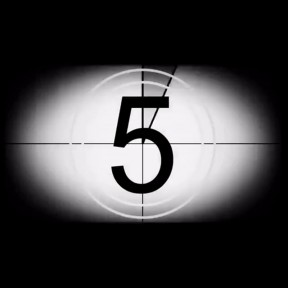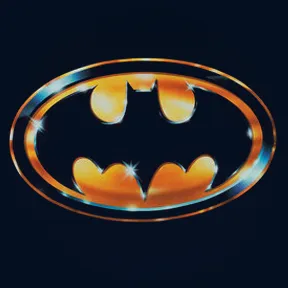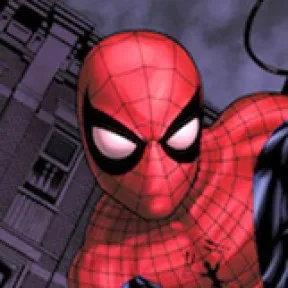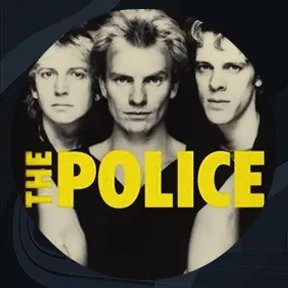Tom Jones | Green, Green Grass of Home (1966)
"Green, Green Grass of Home", written by Claude "Curly" Putman Jr. and first recorded by singer Johnny Darrell, is a country song originally made popular by Porter Wagoner in 1965, when it reached No. 4 on the country chart.
It was also recorded by Bobby Bare and by Jerry Lee Lewis, who included it in his album Country Songs for City Folks. Tom Jones learned the song from Lewis' version, and in 1966, he had a worldwide No. 1 hit with it.
Lyrics
A man returns to his childhood home; it seems that this is his first visit home since leaving in his youth. When he steps down from the train, his parents are there to greet him, and his beloved, Mary, comes running to join them. All is welcome and peace; all come to meet him with "arms reaching, smiling sweetly."
With Mary, the man strolls at ease among the monuments of his childhood, including "the old oak tree that I used to play on." It is "good to touch the green, green grass of home." Yet the music and the words are full of foreshadowing, strongly suggestive of mourning.
Abruptly, the man switches from song to speech as he awakens in prison:
"Then I awake and look around me, at four grey walls that surround me. And I realize that I was only dreaming." He is, indeed, on death row.
As the singing resumes, we learn that the man is waking on the day of his scheduled execution ("there's a guard, and there's a sad old padre, arm in arm, we'll walk at daybreak"), and he will return home only to be buried: "Yes, they'll all come to see me in the shade of that old oak tree, as they lay me 'neath the green, green grass of home."
The Joan Baez version ends: "Yes, we'll all be together in the shade of the old oak tree / When we meet beneath the green, green grass of home."
















































